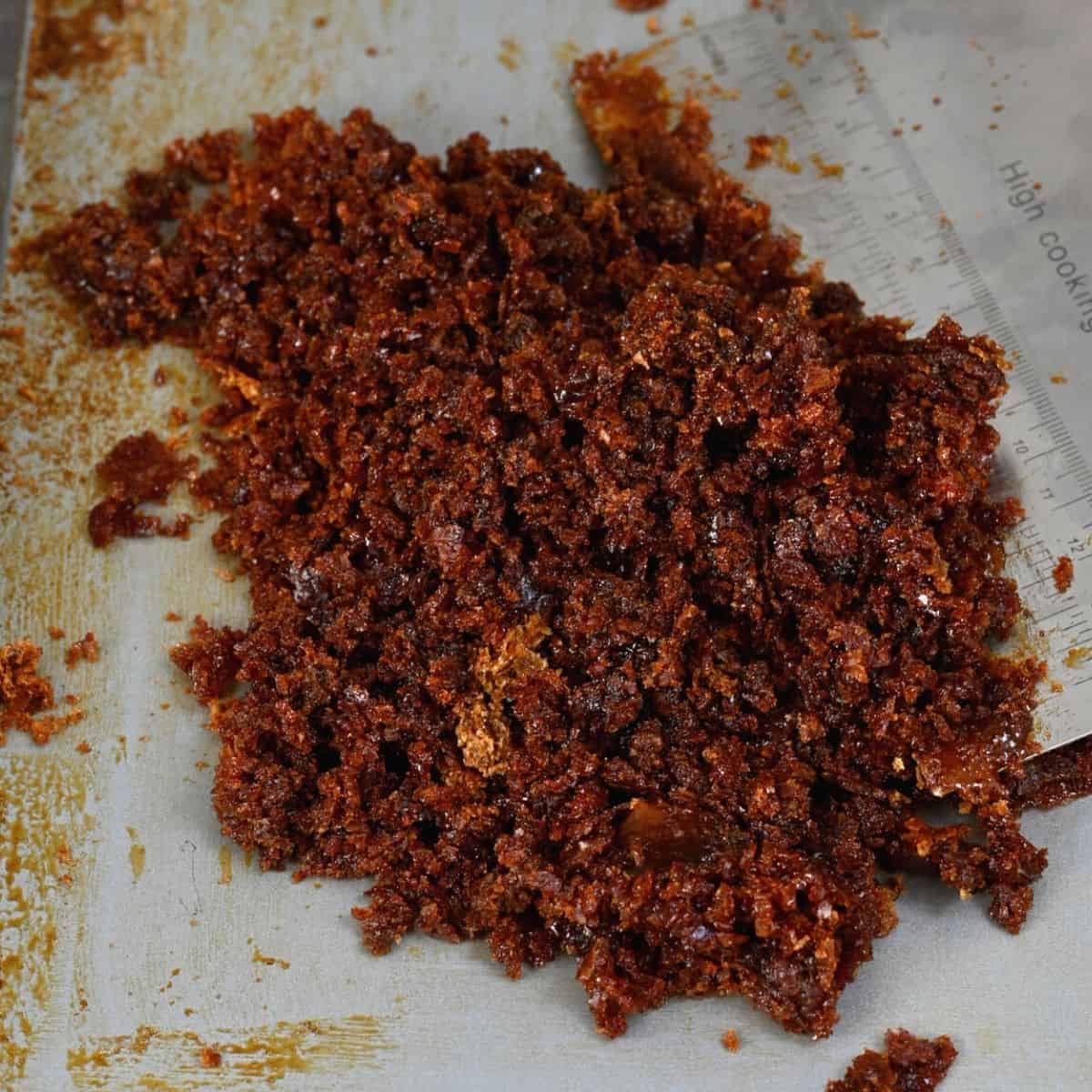Enhance Yield with Advanced Cane Sugar Processing Chemicals
Enhance Yield with Advanced Cane Sugar Processing Chemicals
Blog Article
Navigating Regulatory Compliance and Sustainability With Cutting-Edge Cane Sugar Handling Chemicals in the Chemical Export Sector

Regulatory Landscape Overview
In the world of walking cane sugar handling chemicals within the chemical export industry, understanding the regulative landscape is vital for ensuring conformity and sustainable procedures. Governing bodies such as the Epa (EPA) and the Food and Drug Administration (FDA) play an essential duty in looking after the manufacturing, import, and export of these chemicals. Conformity with laws established forth by these bodies is not just a lawful requirement yet likewise important for maintaining public wellness and ecological safety and security criteria.
Governing structures governing walking cane sugar processing chemicals encompass a large range of elements, including labeling requirements, allowable levels of specific compounds, and standards for risk-free handling and disposal. For chemical merchants, this means adhering to rigorous paperwork procedures, quality assurance measures, and routine audits to demonstrate adherence to these policies.

Lasting Cane Sugar Chemical Innovations

One famous area of development is the development of environmentally friendly chemicals that reduce water and energy intake during the sugar processing phases. By applying these sustainable options, firms can reduce their carbon impact while keeping high degrees of productivity. Furthermore, improvements in eco-friendly chemicals are acquiring traction, providing a much more eco-friendly option to conventional processing representatives.
Moreover, the integration of renewable resource resources in the manufacturing process is ending up being much more prevalent, more boosting the sustainability account of walking cane sugar handling. By welcoming these sustainable cane sugar chemical advancements, firms can not just fulfill regulative requirements yet also demonstrate a commitment to environmental responsibility in the chemical export market.
Compliance Difficulties in Exporting Chemicals
Navigating regulatory structures presents significant obstacles for chemical merchants, calling for careful interest to conformity criteria and worldwide regulations. One of the key conformity difficulties faced by chemical merchants is making certain that the products meet the details regulatory requirements of the importing nation.
In addition, chemical exporters should remain abreast of continuously progressing requirements and guidelines associated to chemical handling, manufacturing, and transport. Failure to adhere to these guidelines can lead to extreme effects, including penalties, lawsuit, and reputational damages. Navigating additional info trade restrictions, assents, and export control legislations adds another layer of intricacy to the conformity landscape for chemical merchants.
To minimize these challenges, chemical merchants must purchase robust compliance programs, conduct normal audits, and involve with regulatory authorities to make certain a complete understanding of the suitable laws and laws. By focusing on compliance and staying aggressive in dealing with regulatory obstacles, chemical exporters can navigate the intricacies of international profession successfully.
Environmental Influence of Walking Stick Sugar Handling
The ecological implications of walking cane sugar handling are an essential element requiring complete evaluation in the chemical export sector. One of the key concerns is the generation of large quantities of wastewater consisting of organic issue, put on hold solids, and chemicals used in the handling plants.
Moreover, the comprehensive use of pesticides and fertilizers in sugarcane cultivation can cause soil degradation, water contamination, and injury to non-target organisms. It is critical for chemical merchants associated with the cane sugar processing industry to apply lasting techniques, buy sophisticated wastewater treatment technologies, advertise liable farming methods, and stick to rigid environmental regulations to minimize the adverse ecological impact of their operations.
Future Trends in Sustainability Practices
What innovative approaches are chemical exporters in the cane sugar processing sector taking on to improve sustainability techniques for the future? One popular trend is the change in the direction of establishing and using green chemicals in the processing of walking stick sugar - Cane Sugar Processing Chemicals.
One more crucial trend is the execution of sophisticated innovations such as automation and data analytics to maximize source use and decrease waste generation. By using the power of data and automation, chemical merchants can simplify their operations, boost energy efficiency, and improve overall sustainability efficiency.
In addition, cooperations and partnerships with sustainability-focused companies and stakeholders are ending up being increasingly common. By working together, chemical merchants can exchange expertise, share finest practices, and collectively drive innovation towards more lasting walking stick sugar handling methods. Embracing these trends will certainly not just benefit the atmosphere however likewise make certain lasting success and competition in the industry.
Final Thought
To conclude, the chemical export industry must browse complex regulatory landscapes and sustainability obstacles when refining cane sugar. Advancements in cane sugar processing chemicals are essential to meeting compliance requirements and minimizing ecological influence. As the sector remains to evolve, it is necessary for firms to adopt lasting methods and remain in advance of future patterns to ensure long-term success.
In the world of walking cane sugar processing chemicals within the original site chemical export sector, recognizing the regulatory landscape is vital for guaranteeing compliance and sustainable procedures.Checking out ingenious techniques in the advancement of lasting walking cane sugar chemical solutions is critical for progressing ecological stewardship in the chemical export market. Firms are increasingly spending in research and development to produce innovative walking stick sugar processing chemicals that not just make sure my website high effectiveness in sugar production yet also stick to rigorous sustainability standards.
Furthermore, chemical merchants need to remain abreast of frequently developing guidelines and standards connected to chemical transport, production, and handling - Cane Sugar Processing Chemicals.The ecological implications of walking stick sugar processing are a critical element needing thorough assessment in the chemical export industry
Report this page